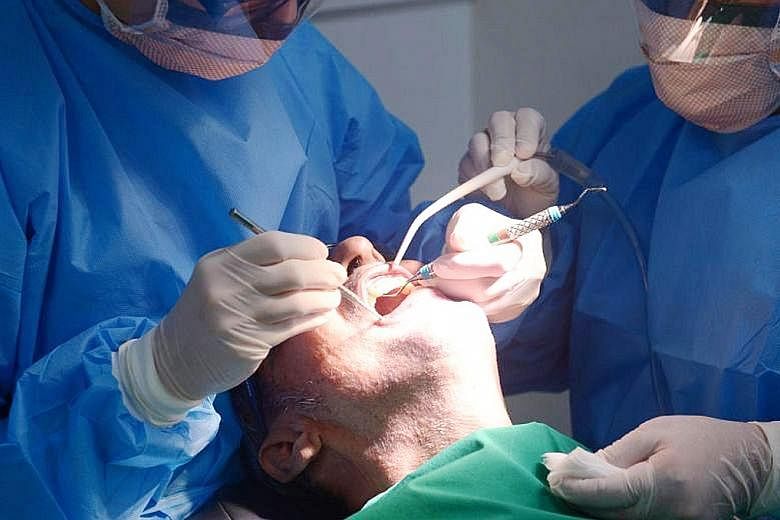Things promise to be better in the medical field as more clarity is emerging on what constitutes good medical practice in doctor-patient interactions and the nature of serious offences.
The workgroup on informed consent and disciplinary process for doctors has submitted its detailed report which has been accepted by the Ministry of Health (MOH) and is expected to be implemented by this year.
Already a subscriber? Log in
Read the full story and more at $9.90/month
Get exclusive reports and insights with more than 500 subscriber-only articles every month
ST One Digital
$9.90/month
No contract
ST app access on 1 mobile device
Unlock these benefits
All subscriber-only content on ST app and straitstimes.com
Easy access any time via ST app on 1 mobile device
E-paper with 2-week archive so you won't miss out on content that matters to you


